What Does a Pipeline Strainer Do?
Pipelines play a crucial role in modern industries, moving vast quantities of liquids and gases across long distances. Ensuring these pipelines function without interruption is vital for operational efficiency and safety. One critical component in achieving this is the pipeline strainer. This device, though often overlooked, performs essential functions that protect pipelines from contaminants and ensure longevity and efficiency.
Filtering Out Contaminants
A pipeline strainer is primarily tasked with filtering out debris, sediments, and other solids from the fluids passing through the pipeline. This is particularly important in industries where the purity of the liquid, such as oil or water, is essential. By removing these potential contaminants, strainers help maintain the integrity of the product being transported and prevent blockages that could disrupt the flow. Such disruptions can lead to costly downtimes and even environmental hazards if not properly managed. A well-maintained pipeline strainer ensures that operations remain smooth and reliable.
Preventing Corrosion
Corrosion remains one of the top threats to pipeline infrastructure, potentially leading to leaks or even catastrophic failures. According to the U.S. Department of Transportation's Pipeline and Hazardous Materials Safety Administration, corrosion accounts for about 23% of the significant failures in both hazardous liquid and gas transmission pipelines. Pipeline strainers contribute to mitigating this risk by filtering out corrosive particles, thus prolonging the lifespan of the pipeline. This preventative measure not only saves companies from expensive repairs but also reduces the risks associated with leaks of hazardous materials. A high-quality pipeline strainer can make a significant difference in reducing such risks.
Enhancing Operational Efficiency
Beyond preventing corrosion and maintaining fluid purity, pipeline strainers offer significant economic benefits. By protecting the internal mechanisms of pumping stations and valves from wear and tear, they help reduce maintenance costs and improve the overall efficiency of the system. When pipelines operate smoothly, operational costs are minimized, and the safety of the surrounding environment is better preserved. In many cases, investing in a durable
pipeline strainer reduces long-term expenses and enhances productivity across industrial systems.
Pipeline strainers are vital components in the infrastructure of industries. As we continue to rely heavily on pipelines for critical transportation tasks, the importance of these unassuming devices cannot be overstated. Their contribution to reducing environmental risks and operational costs makes them indispensable to modern industrial practices. Contact Hi Teck Valve Inc today to learn more.

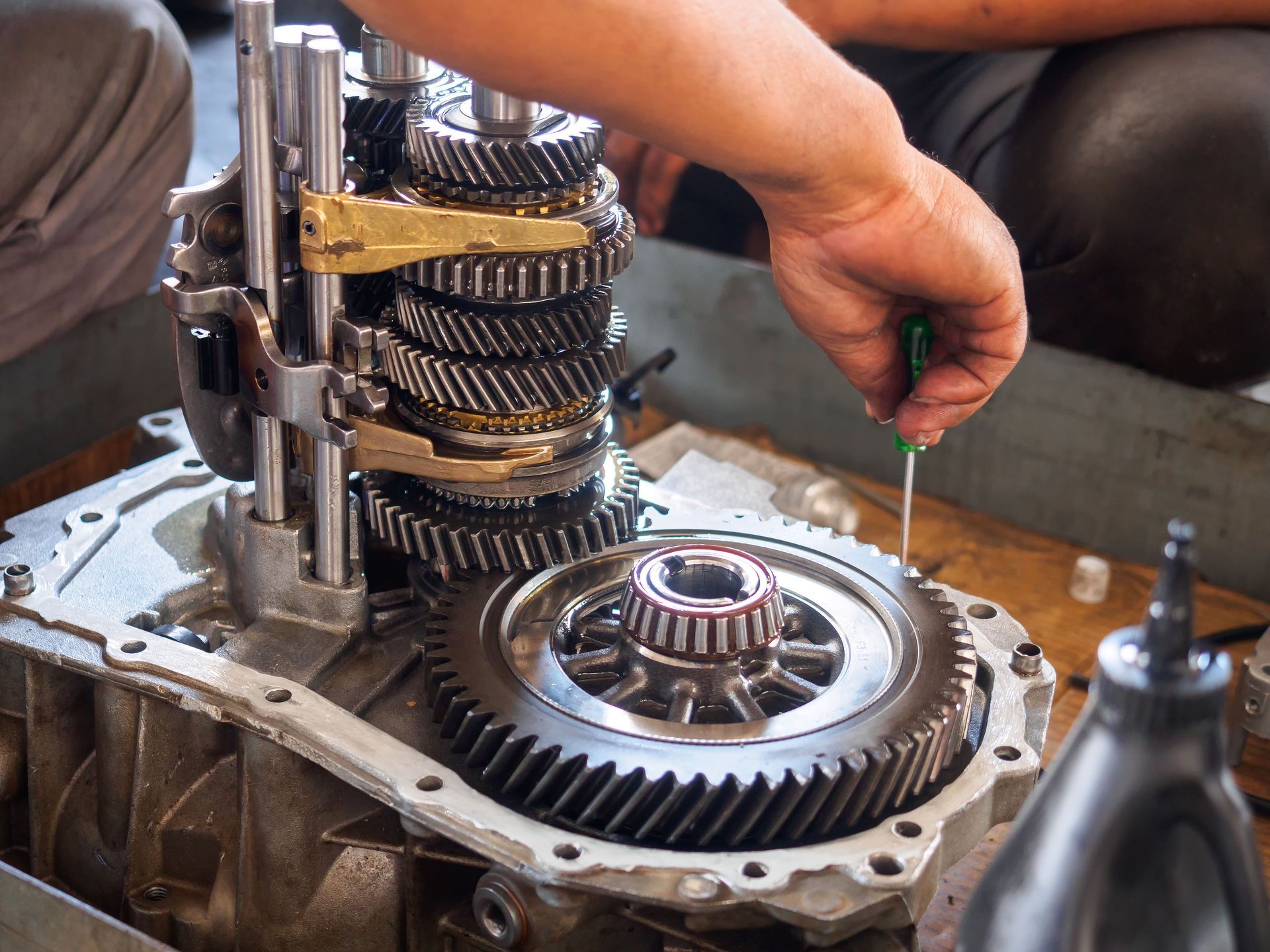
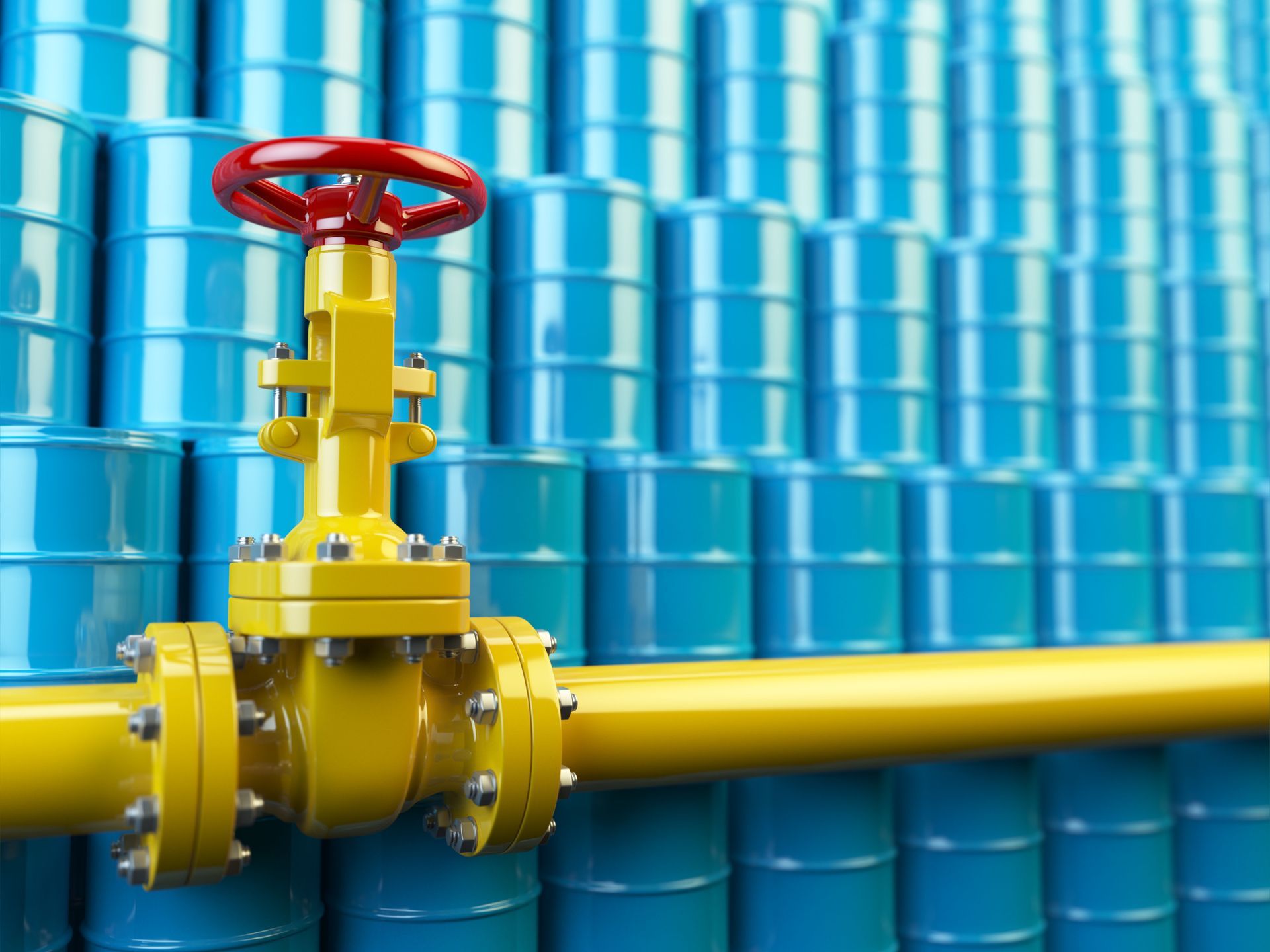
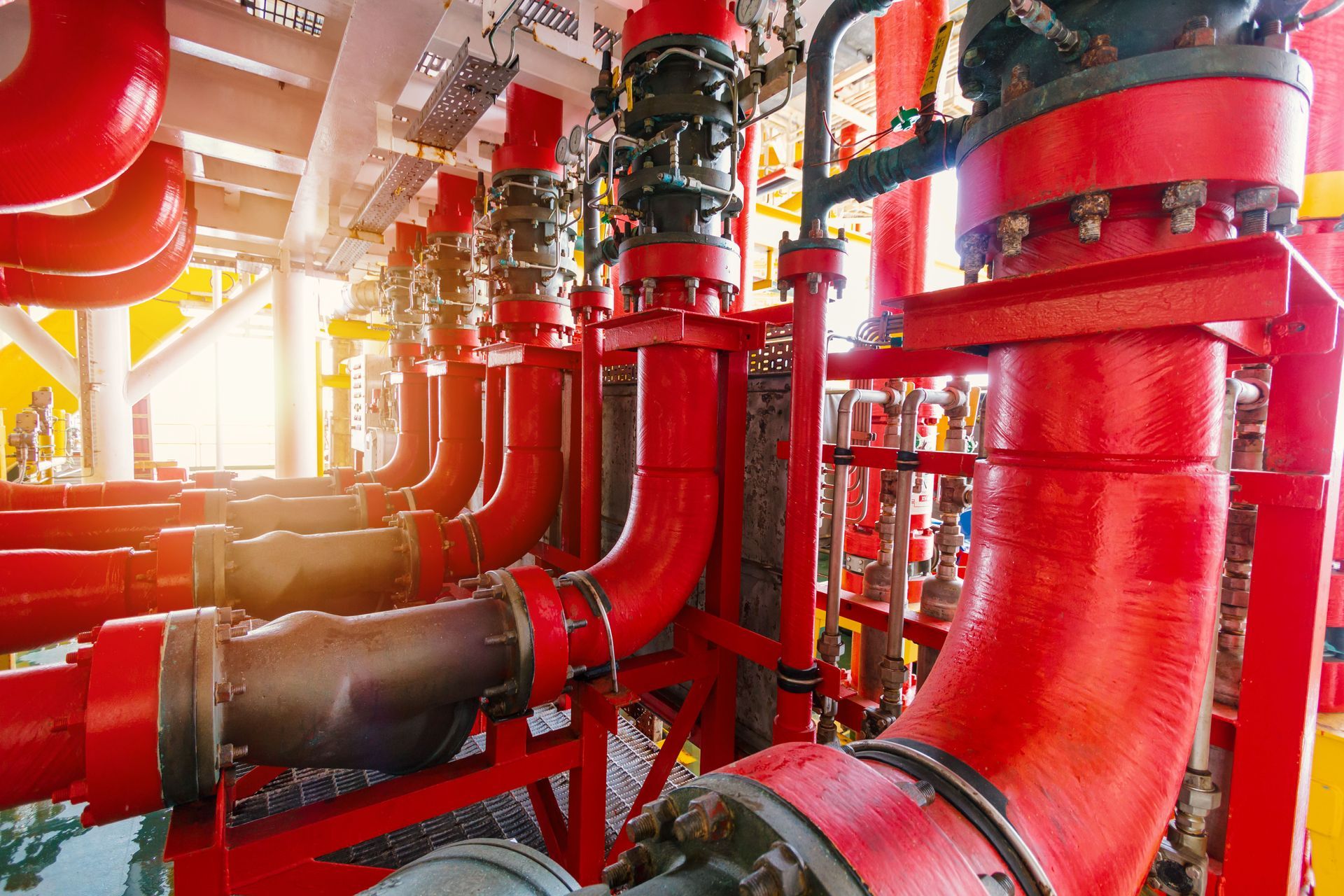
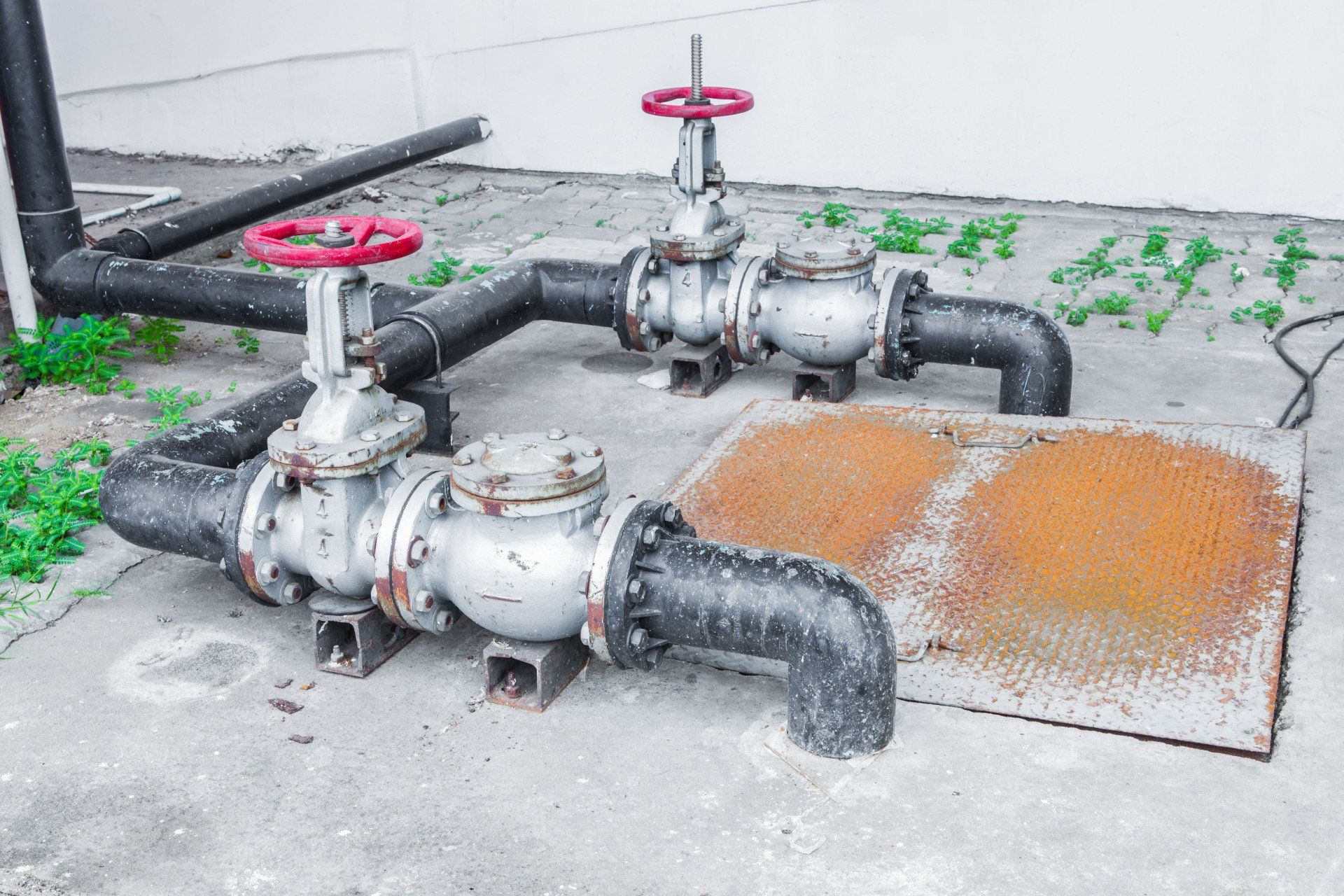
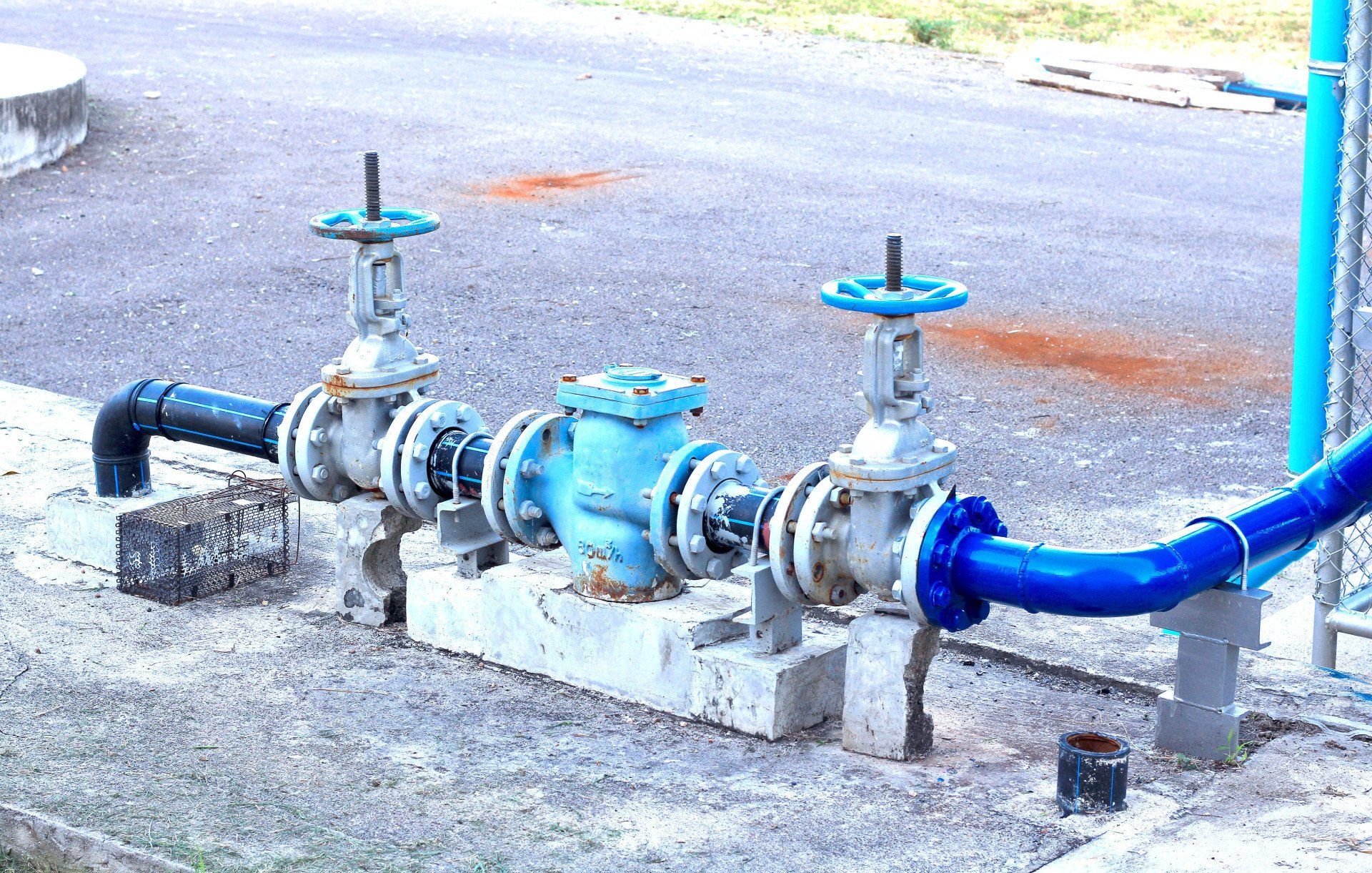
Share On: